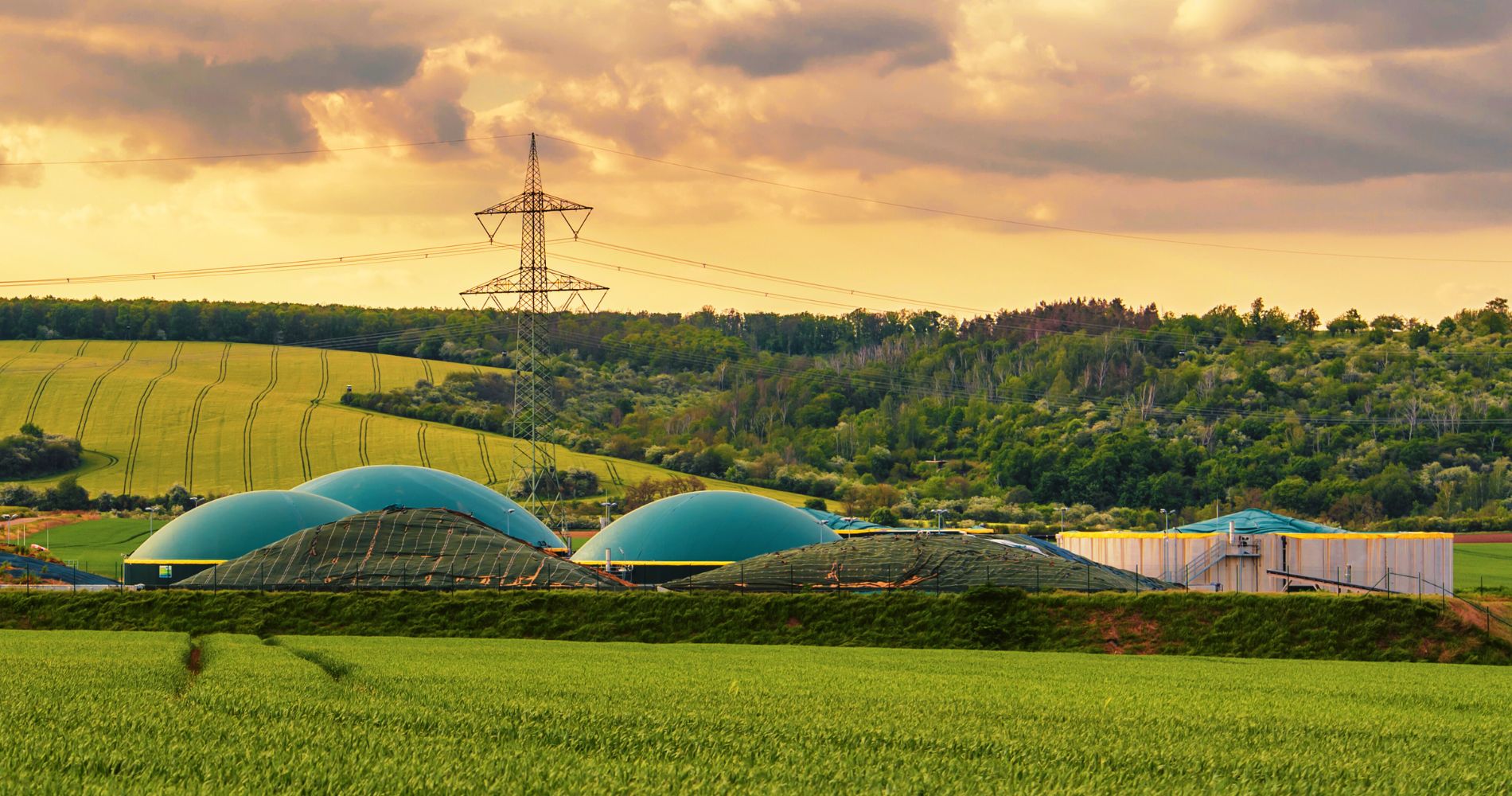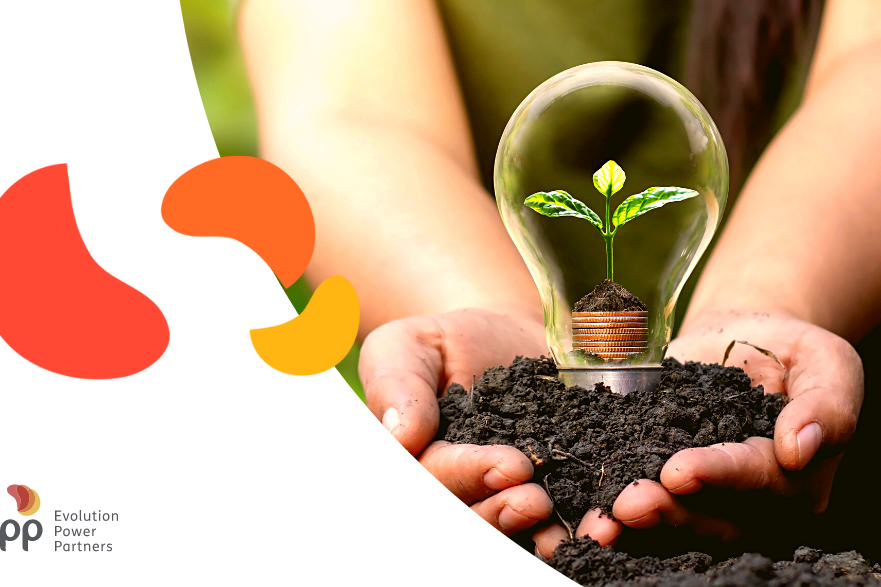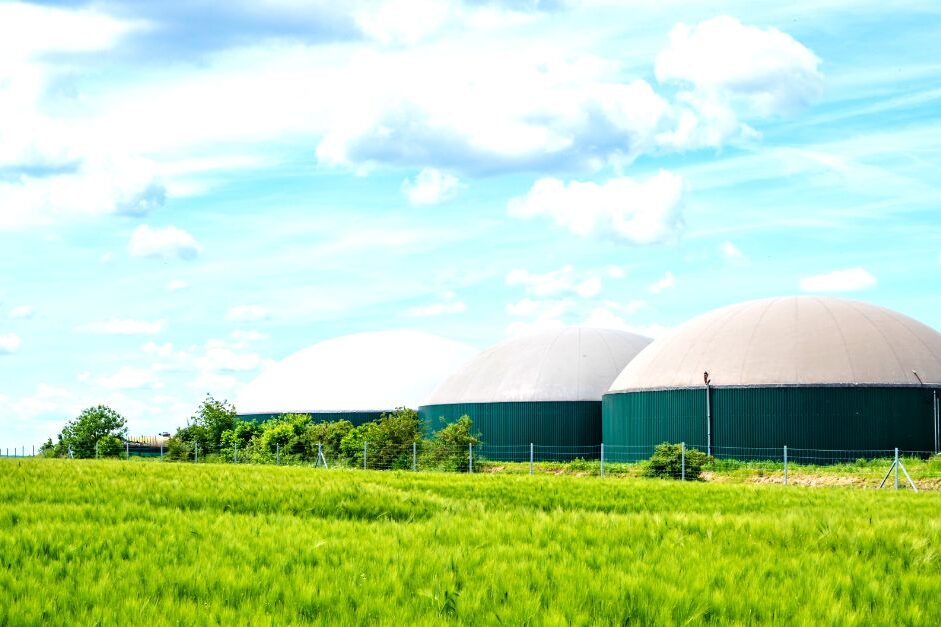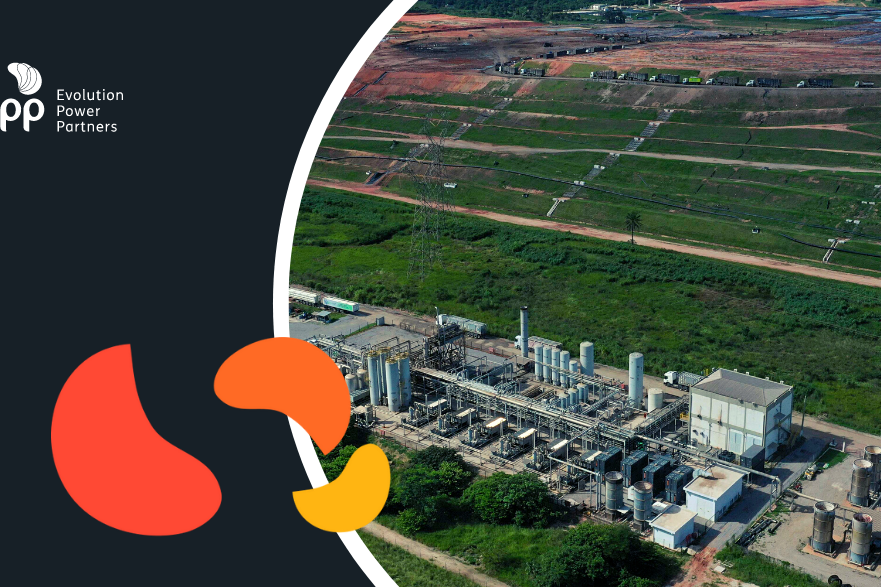Brazil, a country recognized for its wealth of natural resources and renewable energy potential, is positioning itself as a leader in the transition to a low-carbon economy. In this context, biomethane and green hydrogen emerge as protagonists, promising to revolutionize the national energy panorama. Biomethane, obtained through the anaerobic digestion of organic waste, offers a renewable and sustainable alternative to the use of fossil fuels. On the other hand, green hydrogen, produced by the electrolysis of water using clean energy, presents itself as an innovative solution for the decarbonization of industrial sectors intensive in carbon emissions.
The Brazilian energy transition, however, faces significant challenges, especially regarding infrastructure, investments and public policies. In this scenario, the National Bank for Economic and Social Development (BNDES) plays a crucial role, not only financing innovative projects, but also fostering an environment conducive to sustainable development. This article explores Brazil’s trajectory towards the adoption of biomethane and green hydrogen, highlighting the strategic role of BNDES and the future prospects for these energy sources.
The Role of BNDES and Project Mapping
The director of Infrastructure, Energy Transition and Climate Change at BNDES, Luciana Costa, highlights the importance of prioritizing biomethane and sustainable aviation fuel (SAF) projects before moving towards green hydrogen. According to her, Brazil already has a mapping of around US$10 billion in biofuel projects for the coming years, highlighting the country’s commitment to the energy transition.
Biomethane appears as a safe bet for BNDES, given its economic viability without the need for significant subsidies. The abundance of sugar-energy inputs and Brazilian agricultural production offers a solid basis for the competitive production of biomethane, which can be easily integrated into the existing natural gas network. This approach not only reinforces Brazil’s commitment to sustainability, but also promotes national energy security.
Investments and Challenges of Biomethane and SAF
BNDES has already invested more than R$600 million in biomethane projects, demonstrating confidence in the potential of this biofuel as a decarbonization vector. Furthermore, SAF is identified as a key element for reducing carbon emissions in the aviation sector, one of the most challenging in terms of decarbonization. However, the BNDES director warns that, despite the SAF’s potential, the United States can lead this transition due to the greater availability of fiscal and financial incentives for the development of sustainable aviation fuels.
The Future of Green Hydrogen in Brazil
Although green hydrogen holds promise for the decarbonization of heavy industrial sectors, its large-scale production remains challenging, mainly due to the high associated costs. In this context, BNDES, in collaboration with the World Bank, is seen as an essential catalyst for the initial development of green hydrogen hubs in Brazil. BNDES’ prior experience in financing large infrastructure and renewable energy projects is essential to mitigate the risks and uncertainties inherent to these pioneering ventures.
The transition to a green economy in Brazil is a complex journey, which requires the commitment of various sectors of society, in addition to substantial investments and effective public policies. BNDES, by prioritizing biomethane and SAF, and supporting the development of green hydrogen, plays a vital role in this process, ensuring that Brazil not only achieves its decarbonization goals, but also strengthens its position as a leader in renewable energy in the global scenario.






